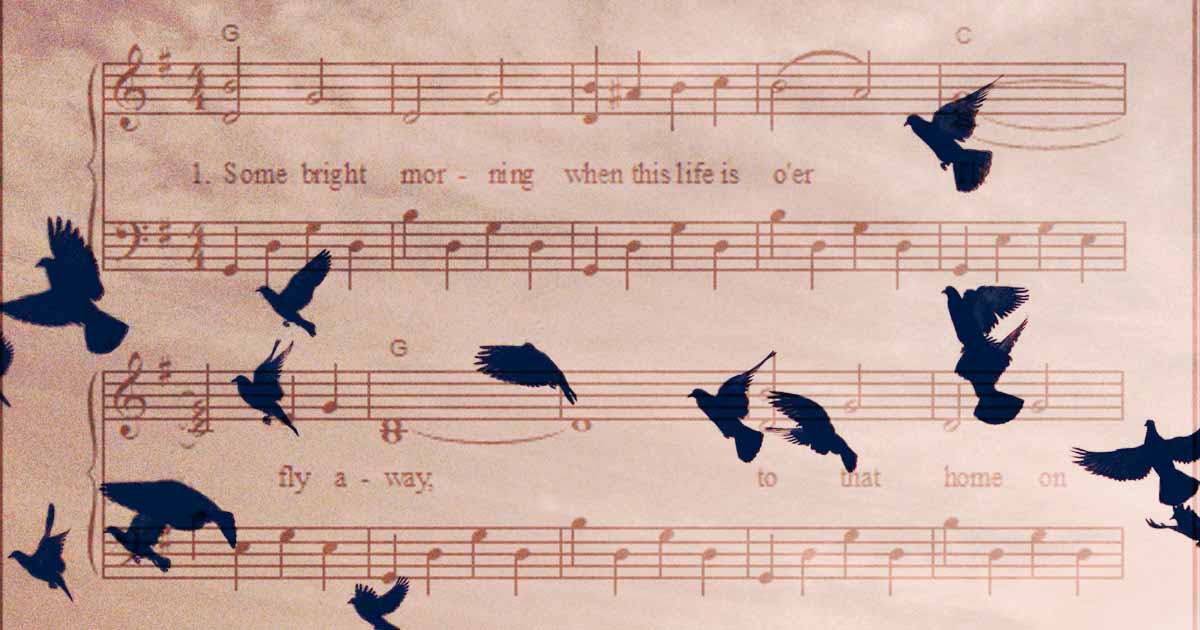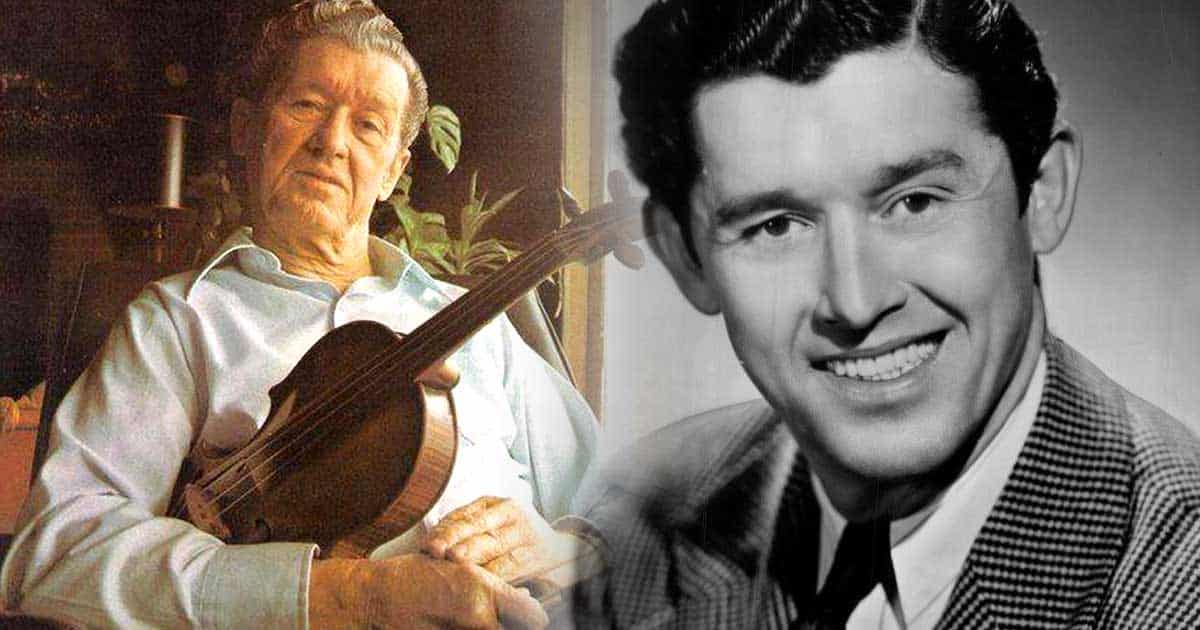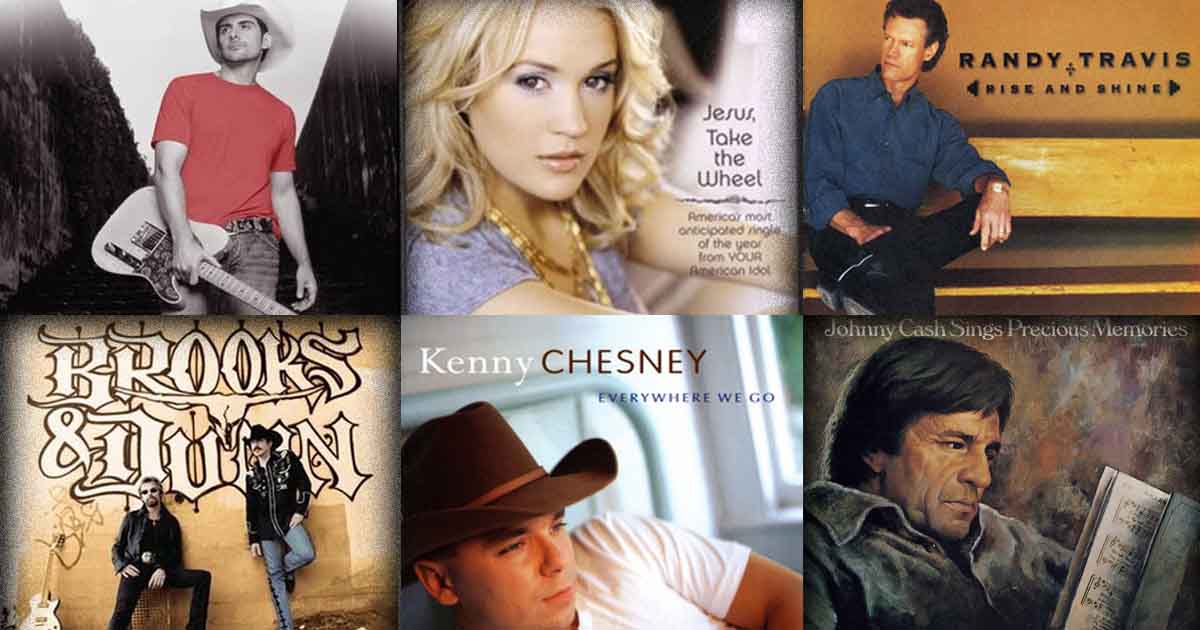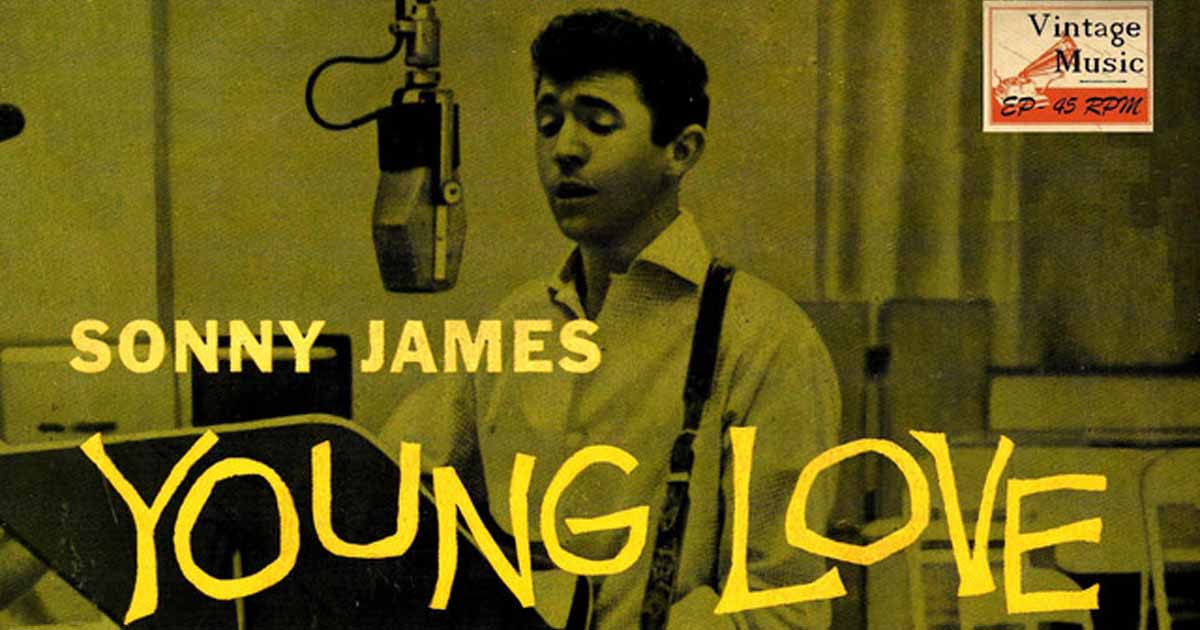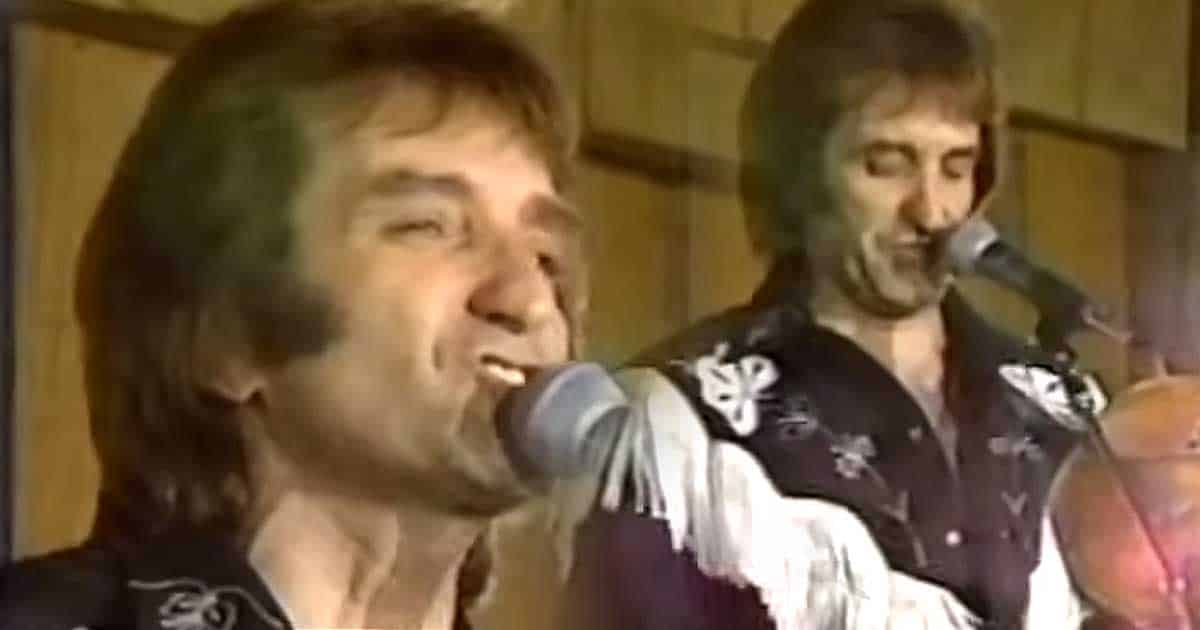At one point in life, we all have wanted to become birds to soar free in the sky.
Written by Albert E. Brumley in 1932, “I’ll Fly Away” is a hymn that focuses on heaven, acceptance, letting go, and eternal life.
Brumley said that he came up with the thought of the song while picking cotton on his father’s farm in Oklahoma. He thought about having the wings of an angel and flying over prison if he had the chance. It then dawned on him that he could use that idea to write a gospel song.
It took him three more years to complete the song, and when it was done, he didn’t imagine it would become universally popular.
The song spawned other covers and versions from other artists, including The Selah Jubilee Sisters, The Kossoy Sisters, George Jones, Alan Jackson, and even Kanye West.
Meaning Behind the Song
The song is often played at funerals because of its message of eternal rest in heaven that mentions entering God’s kingdom and going to a place where joy never ends.
Though death might be one of the saddest and scariest parts of life, others portray it as a time of rest and ease. “I’ll Fly Away” portrays the escape from earthly living and entering the heavens and eternally becoming joyful and satisfied.
“I’ll Fly Away” can also prompt you to think of birds, as they fly high in the sky. Most people think that when you can fly, you are free: free from the worries and pain that life might be giving you.
Check out and listen to the song below.

